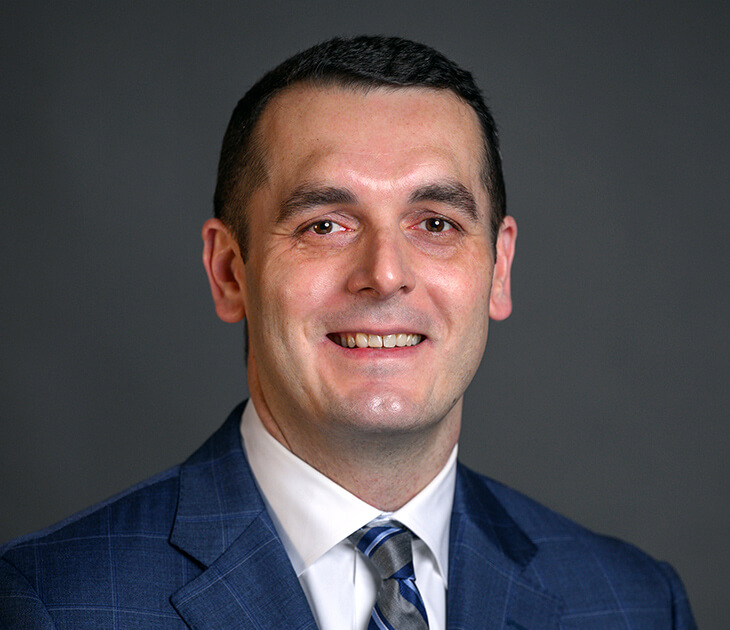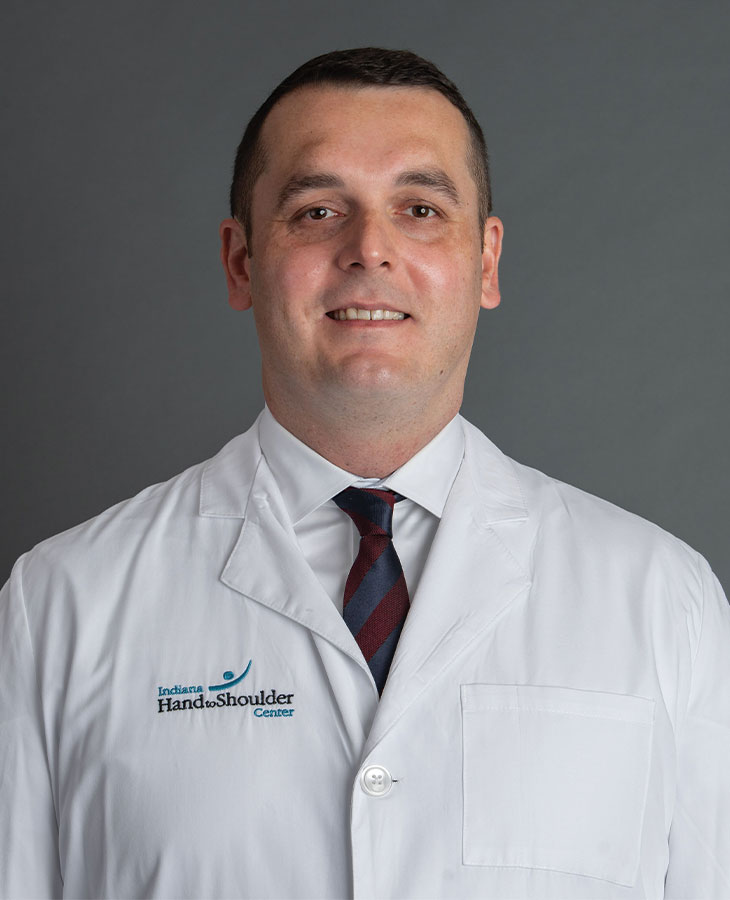Three years post total shoulder replacement and I am feeling better every week. From a serious biking accident that fractured my scapula in multiple locations and shattered the glenoid, Dr. Hoyer repaired a prior surgery that was unsuccessful and replaced the shoulder, and his team ensured my recovery would be successful.
Reed W. Hoyer, M.D., FAAOS
Specialist in treating shoulder, hand, elbow, and wrist injuries and conditions

Support Team
Nurse Practitioner: Angela Bradford, NP-C
Medical Assistant: Jessi W.
Executive Assistant: Anissa D.
Locations
Hours
Monday - Friday: 8am - 5pm

